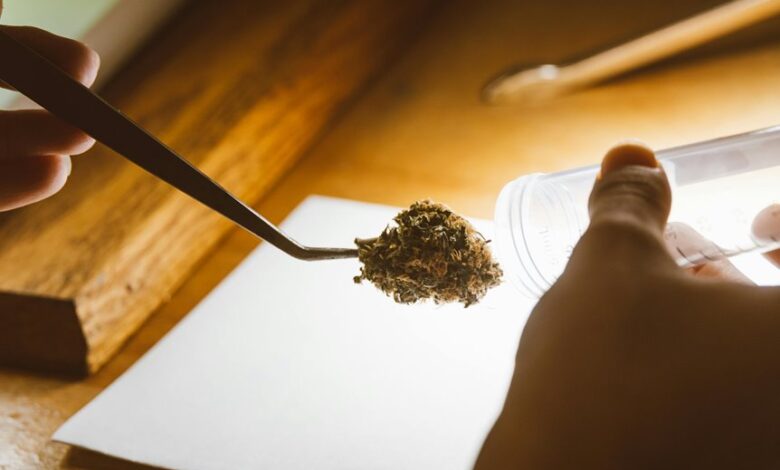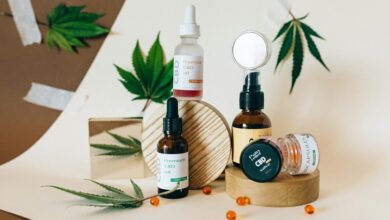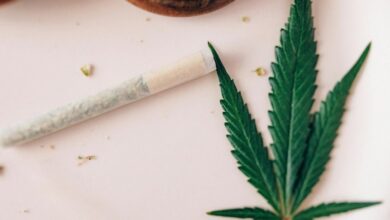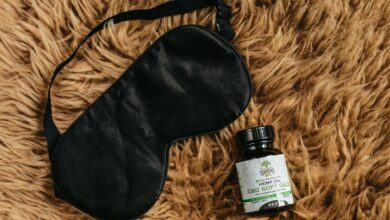Will Cbd Show in a Drug Test

The question of whether CBD will show up in a drug test is complex. CBD itself does not typically trigger positive results, as standard tests focus on THC. However, the presence of THC in many CBD products complicates matters. Variations in product formulation can lead to unexpected outcomes in drug screenings. Understanding these nuances is crucial for those concerned about potential implications. What factors should be considered when selecting CBD products?
Understanding CBD and Its Properties
Cannabidiol (CBD) is one of over a hundred active compounds found in the Cannabis sativa plant, distinct from its more famous counterpart, tetrahydrocannabinol (THC).
CBD benefits include potential therapeutic effects such as pain relief and anxiety reduction.
The legality of CBD varies by jurisdiction, often dependent on THC content, reflecting a complex landscape that seeks to balance individual freedom with regulatory frameworks.
The Role of THC in Drug Testing
Although many individuals use CBD for its therapeutic benefits, the presence of THC in cannabis products is a crucial factor in drug testing outcomes.
THC metabolism can produce detectable metabolites that remain in the body for extended periods. Various drug testing methods, such as urine and blood tests, are designed to identify these metabolites, thereby impacting the results for users of both CBD and THC.
Types of Drug Tests and Their Sensitivity
Drug testing methodologies vary significantly in their sensitivity and specificity, influencing the likelihood of detecting substances such as THC and CBD.
Urine testing is commonly employed due to its cost-effectiveness and ability to detect recent use, while hair testing provides a longer detection window, capturing substance use over months.
Understanding these differences is crucial for individuals concerned about potential drug test outcomes related to CBD consumption.
Tips for Choosing CBD Products Safely
When considering CBD products, consumers must navigate a market that is often unregulated and varied in quality.
To ensure safety, individuals should prioritize product quality by selecting brands that provide third-party lab testing results.
Additionally, adhering to dosage guidelines is crucial, as improper use may lead to unwanted effects.
Knowledge and vigilance empower consumers to make informed choices in their CBD journey.
Conclusion
In conclusion, while CBD itself is unlikely to trigger a positive drug test, the presence of THC in many products poses a risk. Studies indicate that approximately 70% of CBD products contain detectable levels of THC, underscoring the importance of careful selection. Individuals should prioritize THC-free or broad-spectrum options to mitigate this risk. By understanding the nuances of CBD and its relationship with THC, consumers can make informed choices that align with both their wellness goals and drug testing considerations.





